September 1, 2022
from Dr. Bill Hudson, head of school
Several years ago, I remember learning from one of our MPA parents about the new 3M research and development lab built along McKnight Road on the 3M campus. Its design was intentional, bringing together scientists from a number of divisions in a space that spurred collaboration and innovation. In addition, 3M has a long-standing practice that allows scientists to spend 15% of their time on a project of their choice. 3M knows that innovation requires time to create, space (physical and figuratively) to collaborate, and resources for implementation.
Tomorrow is the first of four BOLD days that will occur throughout the school year. BOLD stands for Building Opportunities for Learning Distinction and flows directly from 2024ward, our strategic plan. Priority One of 2024ward boldly calls for us to “create custom and personalized pathways of learning for students oriented towards achieving mastery through curricular innovation and by leveraging advances in educational technology.” I get a lot of grief for using the word “bold” as an anachronym, but I like it because it conveys urgency, courage, and confidence to meet the new and emerging needs of our students. Read More
 from Dr. Bill Hudson, Head of School
from Dr. Bill Hudson, Head of School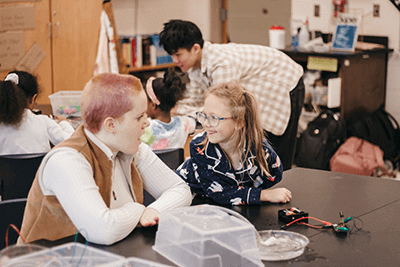 from Dr. Bill Hudson, Head of School
from Dr. Bill Hudson, Head of School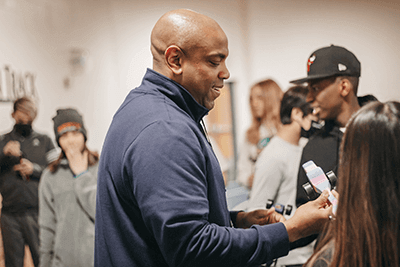 from Lamar Shingles, Director of Equity and Belonging
from Lamar Shingles, Director of Equity and Belonging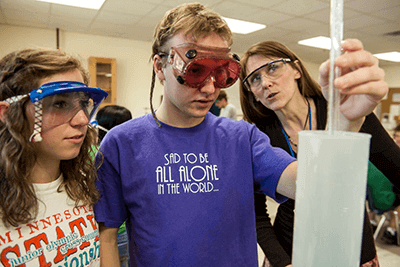 from Bill Hudson, Head of School
from Bill Hudson, Head of School from Dr. Bill Hudson, Head of School
from Dr. Bill Hudson, Head of School from Dr. Bill Hudson, Head of School
from Dr. Bill Hudson, Head of School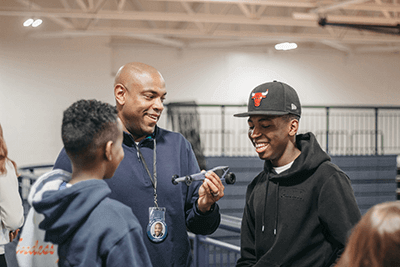 from Dr. Bill Hudson, Head of School
from Dr. Bill Hudson, Head of School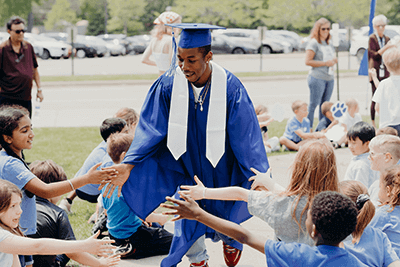 from Natalie Waters Seum, director of admission and communication
from Natalie Waters Seum, director of admission and communication from Dr. Bill Hudson, Head of School
from Dr. Bill Hudson, Head of School